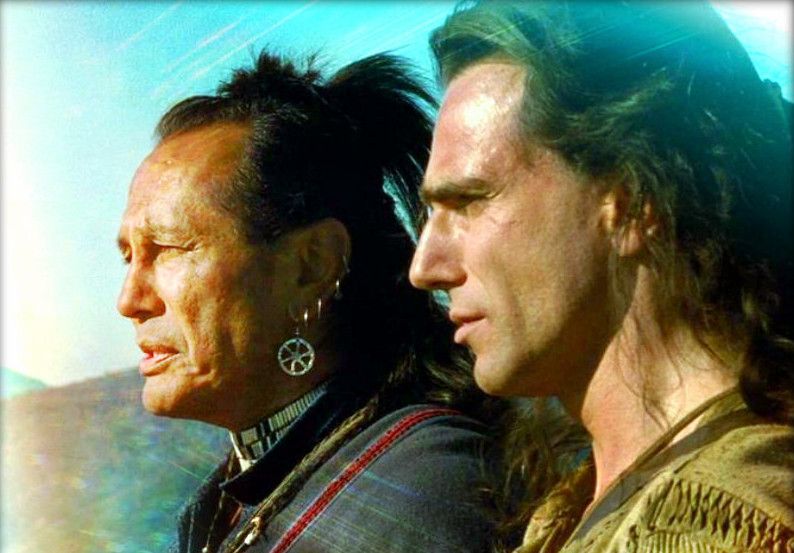Hillary Clinton has roused controversy over her claim that she is the best champion for minorities in the US.
The Democratic presidential front-runner gave an interview to Jake Tapper on CNN in which she insulted native Americans by referring to Donald Trump as a man who has gone “off the reservation,” in reference to his unpredictable character and wild rhetoric.
Native Americans feel insulted, as the phrase “gone off the reservation” refers to their historical fight for self determination on their own land, on which they are now a minority.
The Daily Mail reports:
Clinton was asked whether she felt she learned anything about how to deal with Trump’s offensive comments by watching the reactions of Trump’s republican opponents.
‘I have a lot of experience dealing with men who sometimes get off the reservation in the way they behave and how they speak,’ Clinton responded, hesitating slightly before pronouncing the word ‘reservation.’
She then went on to say she ‘could really care less’ about Trump’s rhetoric and said he’s welcome to continue with his ‘insult fest.’
The CNN reporter let the ‘reservation’ remark pass – but Native American commentators swiftly denounced the candidate’s wording.
‘She has some battle tested Native women with her campaign, but the way she has interacted with communities of color is mind boggling… “Super predators”, “hot sauce” and now “off the reservation” among a huge list of problematic speech and behavior,’ said Johnnie Jae of Native Max magazine, according to Native News Online.
In a statement to Native News Online, Bernie Sanders’ national tribal outreach director Nicole Willis said:
‘This is one of many sayings that marginalize the experience of American Indians and Alaska Natives. I’m disappointed that politicians who should have ample opportunity to interface with tribal representatives still use such expressions.’
Indian Country Today Media Network called the remark ‘offensive.’
Later on Friday, in a conversation with former Democratic State Senator and Sanders supporter Nina Turner, Tapper admitted he, too, found the wording offensive.
‘A — yeah, a lot of people not aware of it, but the term “off the reservation,” very offensive to a lot of Native Americans. Thanks for that reminder,’ Tapper said in response to Turner’s denunciation of Clinton’s comment.
In a ‘Word Watch’ story from 2014, National Public Radio explained the history of the saying.
The idiom has been around since at least 1878, and was used to refer to Native Americans who literally wandered off reservations – against the laws of the time.
‘Off the reservation is a common phrase, which many people use without considering the context of its original meaning. Namely, that Native American peoples were restricted to reservations created by the U.S. government, and their freedom was severely limited by the terms of the treaties they were often forced to sign,’ NPR’s Kee Malesky wrote.
Malesky noted the saying, in a political context, has taken on a different meaning. According to the 2008 book Political Dictionary:
‘Remaining nominally within a party, but refusing to support the party’s candidate… The phrase first surfaced in the Atlanta Constitution in 1909.’
In a comment to NPR, Rob Capriccioso, citizen of the Sault Tribe of Chippewa Indians, and Washington D.C. Bureau Chief for Indian Country Today wrote:
‘I bristle when I hear the phrase because many of the people who use it nonchalantly have likely never thought about its origin, nor have they probably ever visited a reservation.’
‘To me, there are indeed many more offensive words involving American Indians than this phrase — including the name of the Washington football team — but I believe it is the common use of phrases like ‘off the reservation’ that allows people to end up being comfortable going further — to the point of using a slur to name a football team that supposedly honors Indians, but not realizing that it is actually a slur.’

